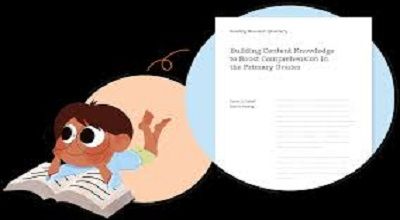Building Content Knowledge
Building content knowledge is essential for acquiring expertise in a specific subject or field. Here are four effective strategies for developing and deepening your content knowledge:
Active Learning:
- Reading: Engage in active reading by taking notes, highlighting key points, and summarizing what you’ve read. This helps you internalize information and retain it better.
- Discussion: Engage in discussions with peers, teachers, or experts in the field. Asking questions and participating in debates can clarify your understanding and expose you to different perspectives.
- Teaching: Teach the content to someone else, whether it’s a friend, family member, or even an imaginary audience. Explaining concepts to others forces you to organize your thoughts and solidify your understanding.
- Problem-Solving: Apply the knowledge you’ve gained to solve real-world problems or case studies related to the subject. Practical application deepens your understanding and reinforces your learning.
Note-Taking and Organization:
- Develop effective note-taking techniques, such as creating outlines, and mind maps, or using digital note-taking tools. Organize your notes logically to make it easier to review and retrieve information later.
- Use a system to categorize and tag your notes for easy reference. This can be especially helpful when dealing with extensive content or multiple subjects.
Practice Retrieval:
- Regularly quiz yourself on the content you’ve learned. Self-testing helps reinforce your memory and identify areas where you need to focus more attention.
- Flashcards or digital quiz platforms like Anki can be helpful for creating a structured retrieval practice routine.
- When reviewing material, try to recall key information from memory before checking your notes or textbooks.
Diversify Your Learning Sources:
- Don’t rely solely on one textbook or source. Explore multiple resources, such as books, articles, videos, podcasts, and online courses, to gain a well-rounded understanding of the topic.
- Seek out different perspectives and viewpoints to develop a more comprehensive view of the subject matter.
- Join online communities, forums, or social media groups related to your field of interest. Engaging with a community can provide valuable insights and opportunities for discussion.
Summary
In addition to these strategies, it’s crucial to maintain consistency and discipline in your learning efforts. Building content knowledge takes time and effort, so establish a study routine that works for you and stick to it. Also, periodically review and revise your knowledge to keep it fresh and up-to-date, especially in rapidly evolving fields.
